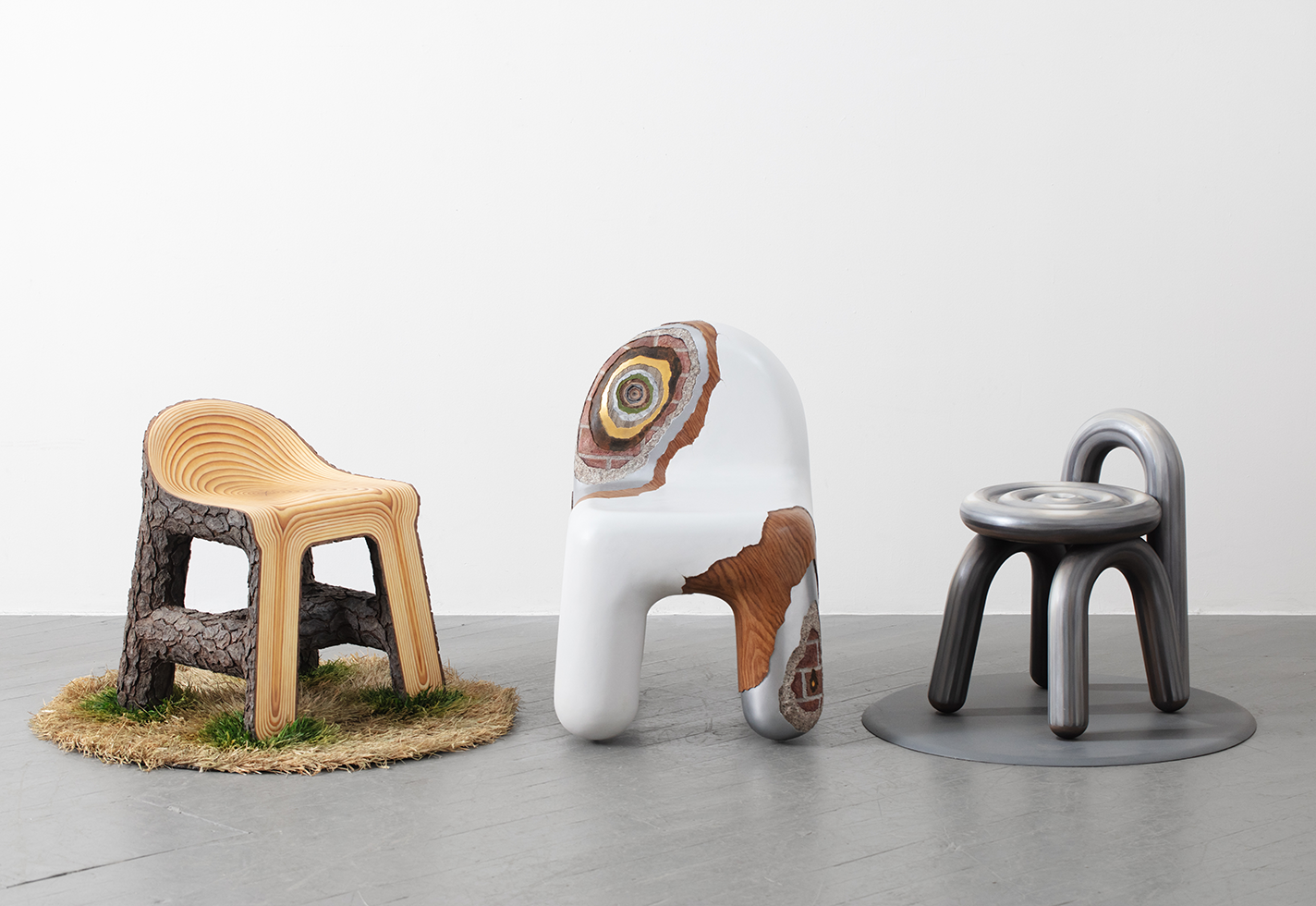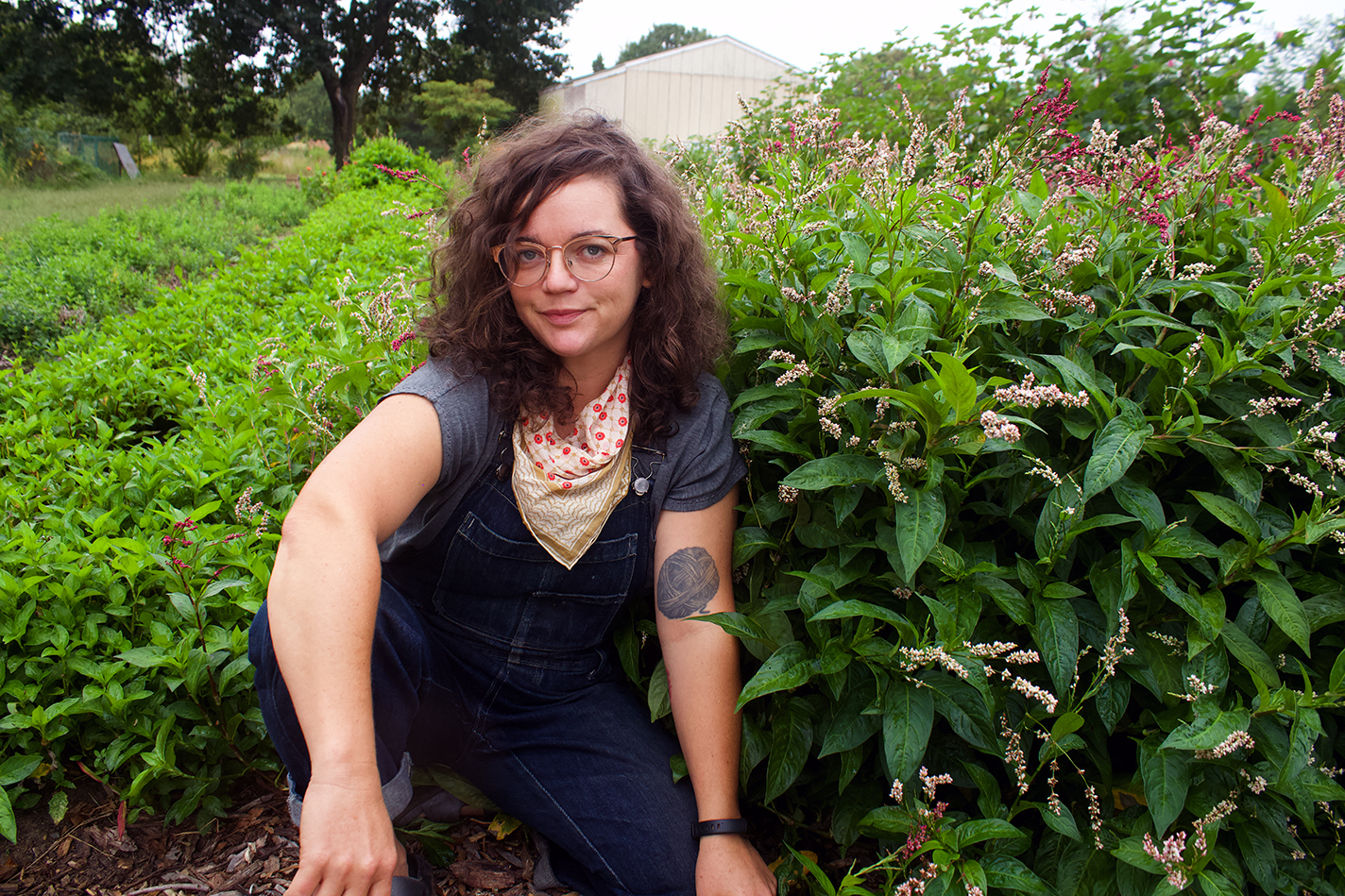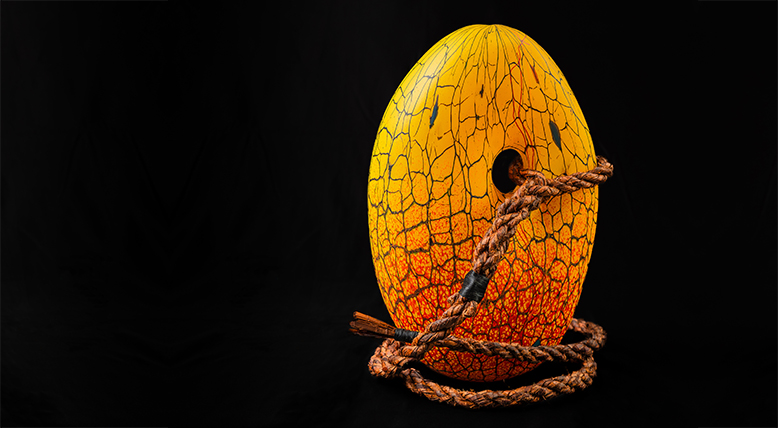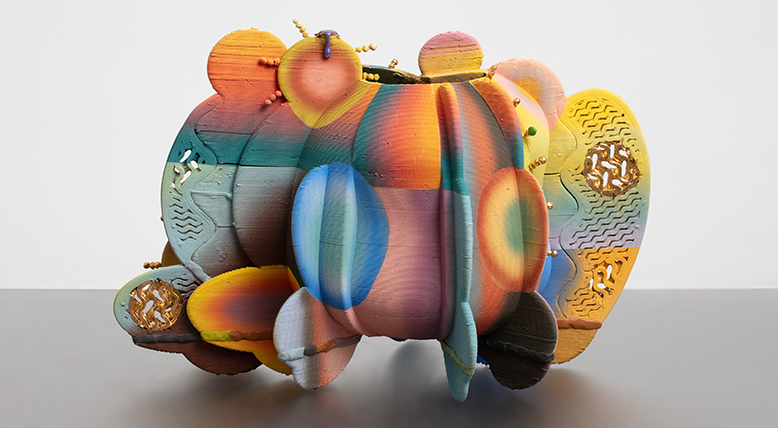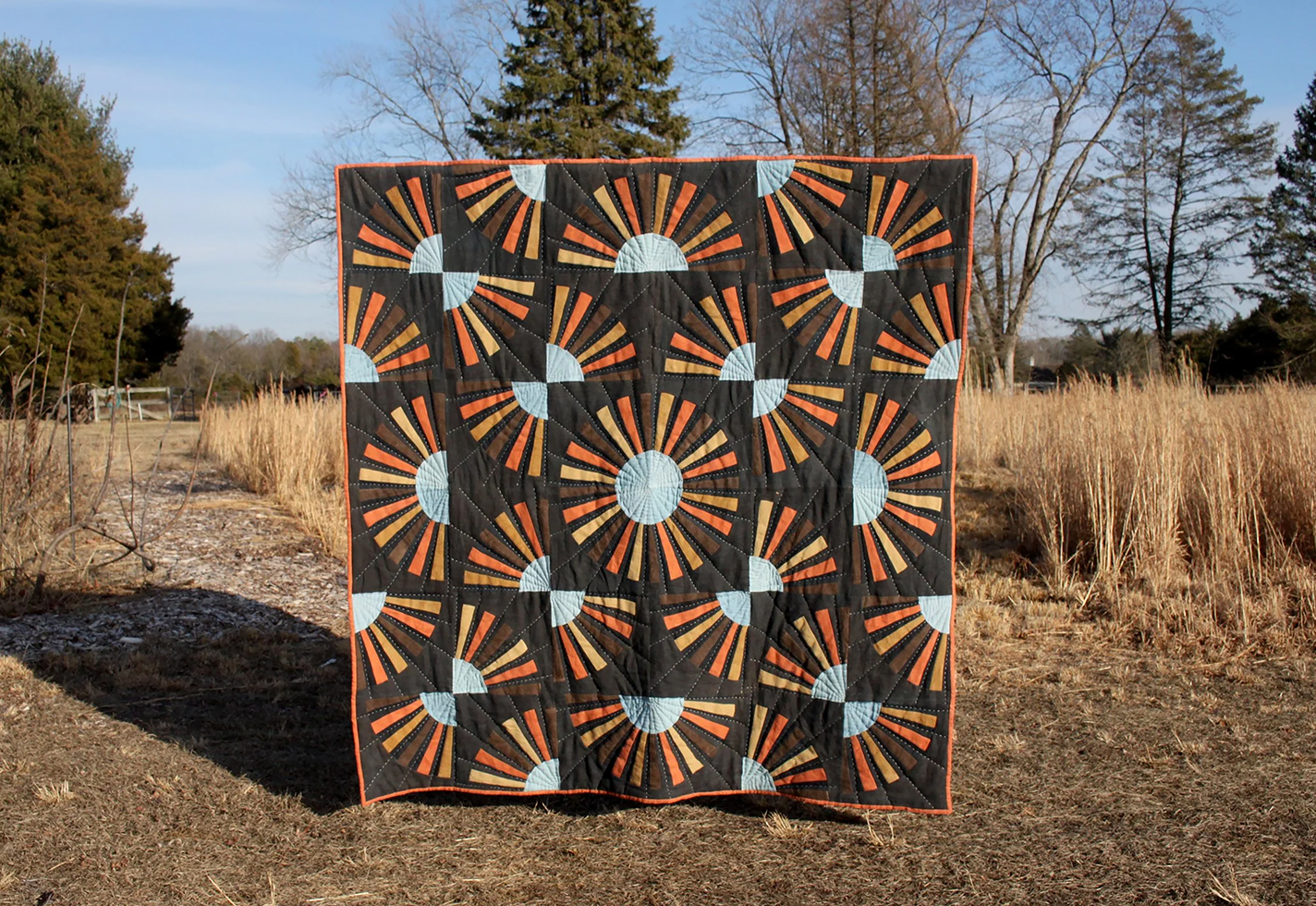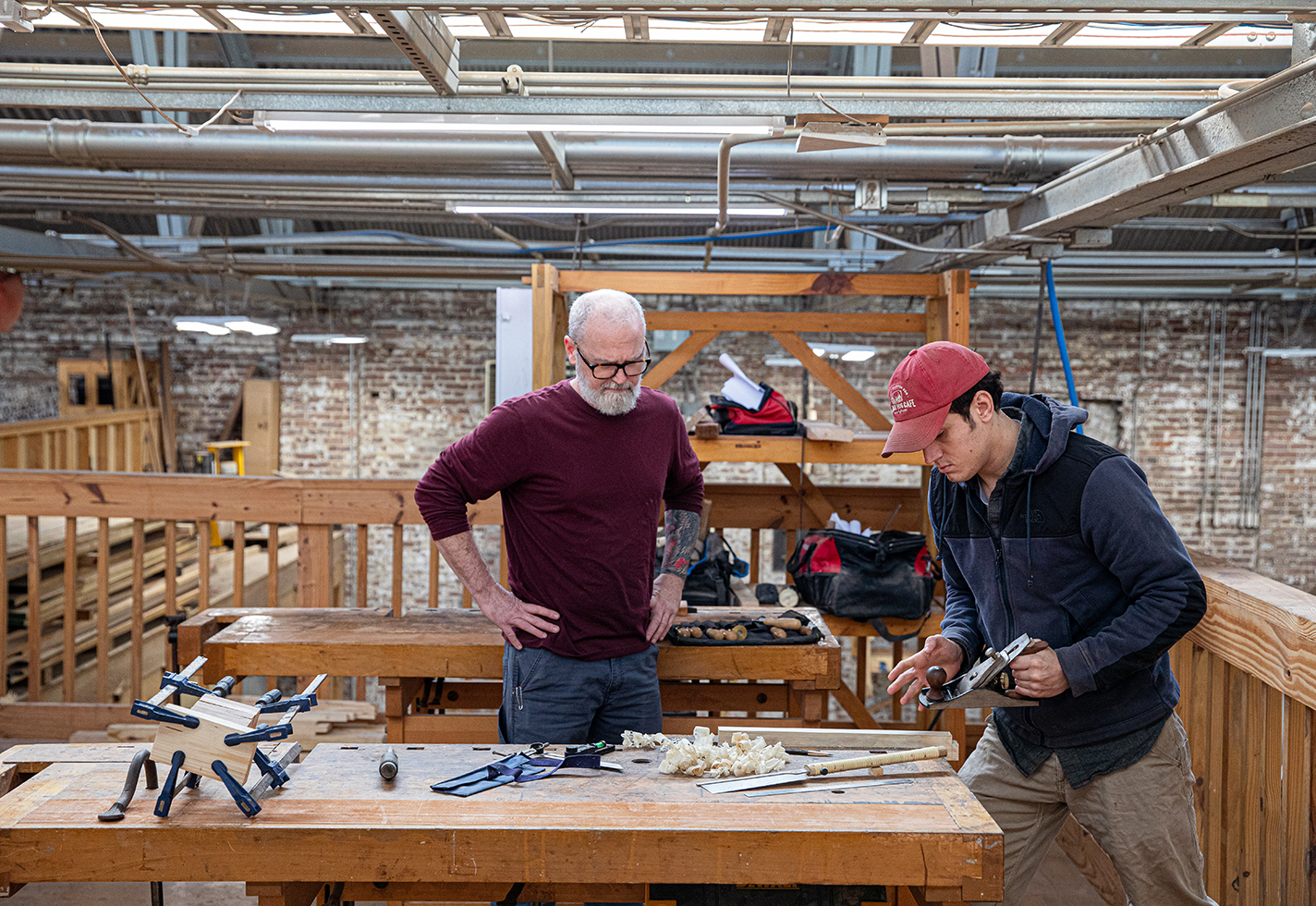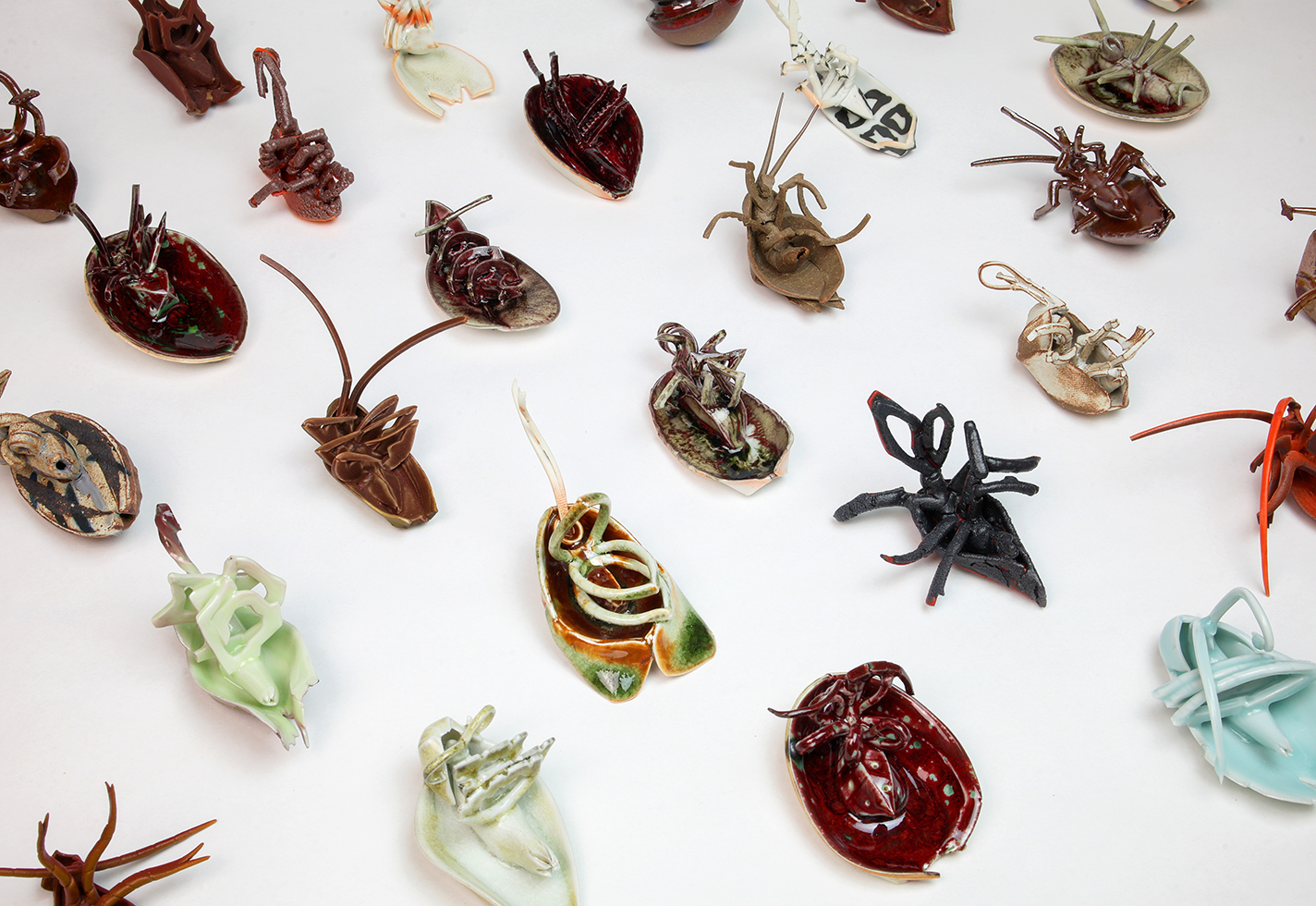Crafted stories.
Every object has a maker, and every maker has a story. Discover the narratives of emerging and established artists, the evolution of their creations, and how the everyday is made more extraordinary through the fine art of craft.

You are now entering a filterable feed of Articles.
302 articles
-
![]() ACC NewsFree To Read
ACC NewsFree To ReadJoyce Lin Wins 2025 John D. Mineck Fellowship
Houston-based Joyce Lin's uncanny furniture forms have earned her a prestigious fellowship from the John D. Mineck Foundation.
Digital Only
-
![]() Free To Read
Free To ReadTreasures from the Collection
A cataloger for the American Craft Council Archives reflects on her long, strange trip through two decades of magazine back issues.
Digital Only
From the Archives -
![Nolan poses with the Japanese indigo plants in her garden.]() Free To Read
Free To ReadThe Queue: Cait Nolan
For natural dyer and quilter Cait Nolan, creation follows nature’s rhythms. In The Queue, the New Jersey–based artist discusses the cadence of her work, the power of collaboration and asking for help, and learning from an indigo-dyeing master.
Digital Only
-
![]() Free To Read
Free To Read -
![Multicolored, multi-textured stoneware vessel]() MakersFree To Read
MakersFree To ReadAnother Dimension
Ceramist Jolie Ngo is creating intricate, ebullient work that brings together craft and emerging technology.
Winter 2026
Features + Profiles -
![Large hand-dyed quilt held up in a field of grasses]() MakersFree To Read
MakersFree To ReadStitched from the Soil
In a medium often focused on uniformity and speed, quiltmaker Cait Nolan relishes process, repetition, and giving back.
Winter 2026
Features + Profiles -
![]() MakersFree To Read
MakersFree To ReadOut of the Elements
New York–based designer Shaina Tabak’s fecund imagination pushes materials to the brink.
Winter 2026
Features + Profiles -
![Woodworking professor and student]() MakersFree To Read
MakersFree To ReadHead and Hand
The American College of the Building Arts blends liberal arts courses and building-trades training in a four-year degree.
Winter 2026
Craft Communities -
![]() Free To Read
Free To Read
Story categories.
-
Craft Happenings
Browse a timely, curated, and frequently updated list of must-see exhibitions, shows, and other events.
-
Points of View
Essays, craft histories, ideas, analysis, and other perspectives on the significance of craft.
-
Makers
Profiles, interviews, studio tours, and videos on people who are making the world more beautiful.
-
Materials & Processes
Learn about materials and how craftspeople transform them into functional and sculptural works.
-
Handcrafted Living
Discover practical and pleasing handmade goods and stories about living with meaningful objects.
-
Travel
Explore the world of craft by visiting the places and communities where it is created and celebrated.
-
Media Hub
Discover new books, niche periodicals, videos, and podcasts—plus highlights from ACC’s archives.
-
ACC News
Explore the impact of the American Craft Council and the ACC community through stories and updates on our programs, events, artists, and more.
Take part.
Become a member of ACC.
Craft is better when we experience it together. Support makers, celebrate the handcrafted, and explore the nationwide craft community with a membership to the American Craft Council.
